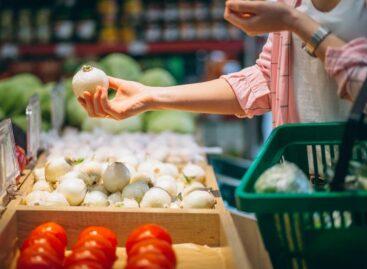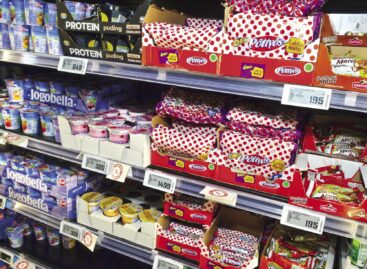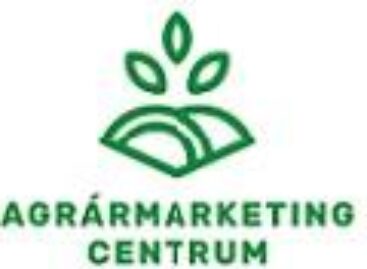Selective shopping
Selective shopping is the latest trend and all the signs indicate that it will continue to determine how and where shoppers spend their money in domestic chain stores in 2025.
This article is available for reading in Trade magazin 2025/2-3.

Guest writer:
Andreas Christou
managing director
RetailZoom
Selective shopping is about shoppers spending the same amount of money on their purchases in a given period as in previous years, which clearly indicates that their disposable income hasn’t “kept up” with the price rises. One of the most important elements of selective shopping is that shoppers switch from their usual brands to lower-priced products. The winners of this buying behaviour are private labels, while the losers are the so-called mid-range brands. What does this mean in numbers? For domestic chains the share of private label products in total sales has jumped from 13% to 24% over the last 3 years. In 2022 private label sales grew by 54% and they were up 76% in 2023, offsetting the effects of “hyperinflation”. Thanks to moderating price rises, private label sales “only” exceeded the previous year by 23% in 2024. Another key element of selective buying is the dramatic increase in promotional shares: sales in promotion increased by an average of 43% in domestic chain stores, suggesting that shoppers are willing to return to buying brands products, but not at full price.
Battle for the loyalty of customers
Competition between retail chains is certainly a welcome phenomenon for shoppers, as retailers seem to be fighting harder than ever before to retain customer loyalty and attract new shoppers to their stores. In 2025 those will be the most successful retailers who can offer the best combination of effective promotions, competitive prices and the most optimal product choice. Lastingly low prices on essential products and promotional pricing will continue to drive trends in 2025. This also means that the share of “bargain-hunting” shopping baskets will increase. Selective shopping and visiting several different chains each month has resulted in a skyrocketing shopping frequency in the last 3 years.
2025: the year of “survival of the fittest”
The Hungarian FMCG sector has shrunk by nearly 10% in 3 years, but it is good news that at the same time overall FMCG spending hasn’t decreased. This means that shoppers have continued to buy the products, but they have done so elsewhere. It is a worrying trend that the independent retail channel suffered the biggest store closure blow, with nearly 19% of such shops closing and a further 4% of them now franchised and no longer independent. These numbers are expected to slow down in 2025, but hundreds of store closures are still likely. Retailers offering the best prices and the best product selection will be able to “attract” customers from closing stores and further strengthen their positions. So 2025 will be a year of “survival of the fittest”. 2025 could prove to be a stronger business year than 2024, but it will be very difficult to change customer habits, especially when shoppers have more and more effective tools at their disposal, such as price tracking, loyalty cards or dynamic promotions. Customers will still be able to make comparisons and buy where it is the most advantageous for them. //
Related news
AMC: Hungarian organic products can be presented in Germany
🎧 Hallgasd a cikket: Lejátszás Szünet Folytatás Leállítás Nyelv: Auto…
Read more >Related news
ZEW: Economic expectations worsened in Germany and the euro area in February
🎧 Hallgasd a cikket: Lejátszás Szünet Folytatás Leállítás Nyelv: Auto…
Read more >









